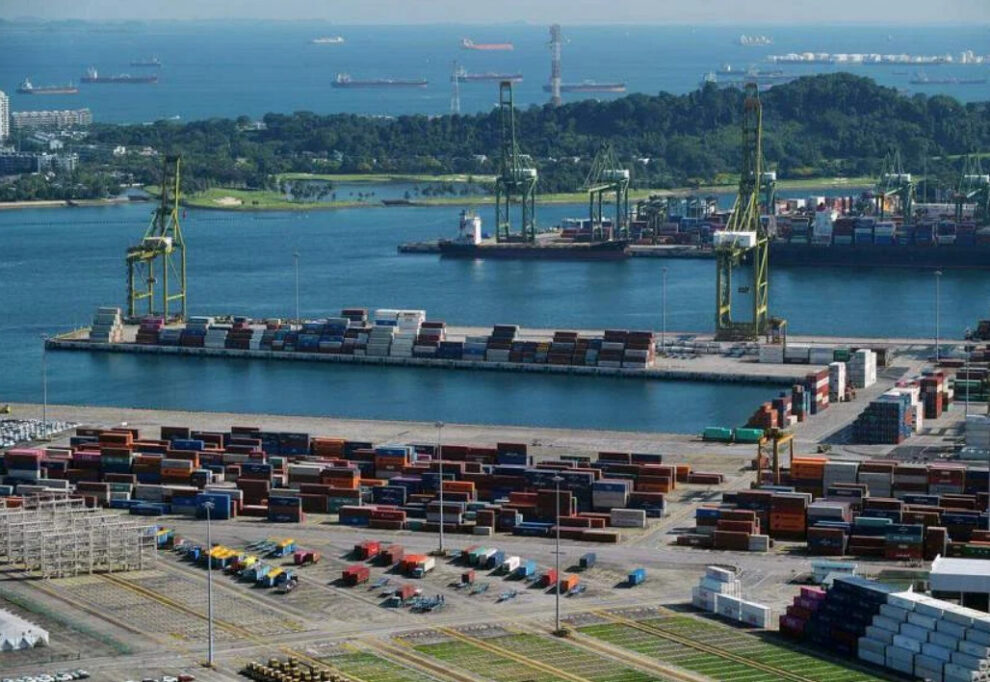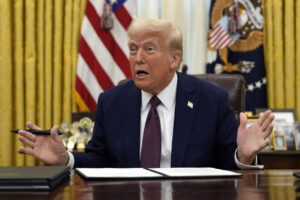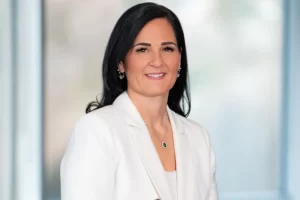SINGAPORE (The Straits Times/Asia News Network): At a time when the global order faces growing stress from fraught geopolitical relationships, pushback against economic integration and the ongoing Russia-Ukraine war, Minister for Foreign Affairs Vivian Balakrishnan has called on Asia and Europe to work together for mutual benefit.
The formula for globalisation and economic integration, which has worked well over the past 60 years to generate growth and lift many out of poverty, is now at risk, he said.
Speaking on the 25th anniversary of the Asia-Europe Foundation (Asef) at its premises in Pasir Panjang, Dr Balakrishnan on Wednesday (March 15) commended the good work that the foundation has done to promote mutual understanding through intellectual, cultural and people-to-people exchanges.
Asef, which started in 1997, is an intergovernmental non-profit organisation with multiple roles, including acting as the civil society outreach of the Asia-Europe Meeting (Asem). The latter is an intergovernmental forum established in 1996 to address political, economic and socio-cultural issues and create opportunities for collaboration among its 53 partners.
Dr Balaksrishnan acknowledged that it is not a given that countries will come together willingly to work alongside one another.
“These things don’t happen spontaneously. Doing so requires mutual trust and understanding. This is where platforms like Asem serve an invaluable role,” he said.
“This is why the work of Asef, which complements the Asem process and translates its agenda into actionable, tangible programmes, is not just important, but indispensable.”
As such, he said it is, particularly on trade.
Calling Europe and necessary that Asia and Europe double down and engage with each other more closelyAsia natural partners and instinctive multilateralists, he said that both blocs should build on agreements such as the EU-Singapore Free Trade Agreement (EUSFTA) and the Asean-EU Comprehensive Air Transport Agreement.
On the Asean-EU FTA, he called for an “expeditious conclusion” to the agreement. Negotiations kicked off in 2007, but after discussions were suspended in 2009, the EU went on to pursue bilateral trade agreements with the individual Asean member states instead.
The EU remains concerned about several Asean members, including Cambodia and Myanmar, which have been sanctioned for their human rights violations.
Making a case for the Asean-EU FTA, Dr Balakrishnan said that by working together, both blocs can harness opportunities in areas of mutual interest such as digital and green economies.
“We must also take full advantage of the digital revolution and intensify our efforts to deal with climate change, (which is) a clear and present danger. Its threat will be amplified,” he added.
Dr Balakrishnan painted a grim outlook should countries choose to forgo economic integration and close themselves off from others.
He highlighted how the semiconductor industry has enjoyed a boom since the 1960s. The production cost of semiconductors has come down significantly because of improvements to the manufacturing and supply chain, innovation and efficiency.
The industry’s gains are now at risk because of the division in the global economy, he said.
“This will have an immediate impact on inflation and the rate of progress, and it will also cause a more disruptive, volatile world. We are in truly unprecedented and dangerous waters.”
Avoiding an arms race or a technological war is also imperative, he said. These events would hinder countries from investing in infrastructure and connectivity, healthcare, education and training for its citizens.
These are priorities that would benefit and have a tangible impact on people’s lives and livelihoods, said Dr Balakrishnan.
“We actually do need a rules-based world order, and greater – not less – economic integration.”
Source: thestar










